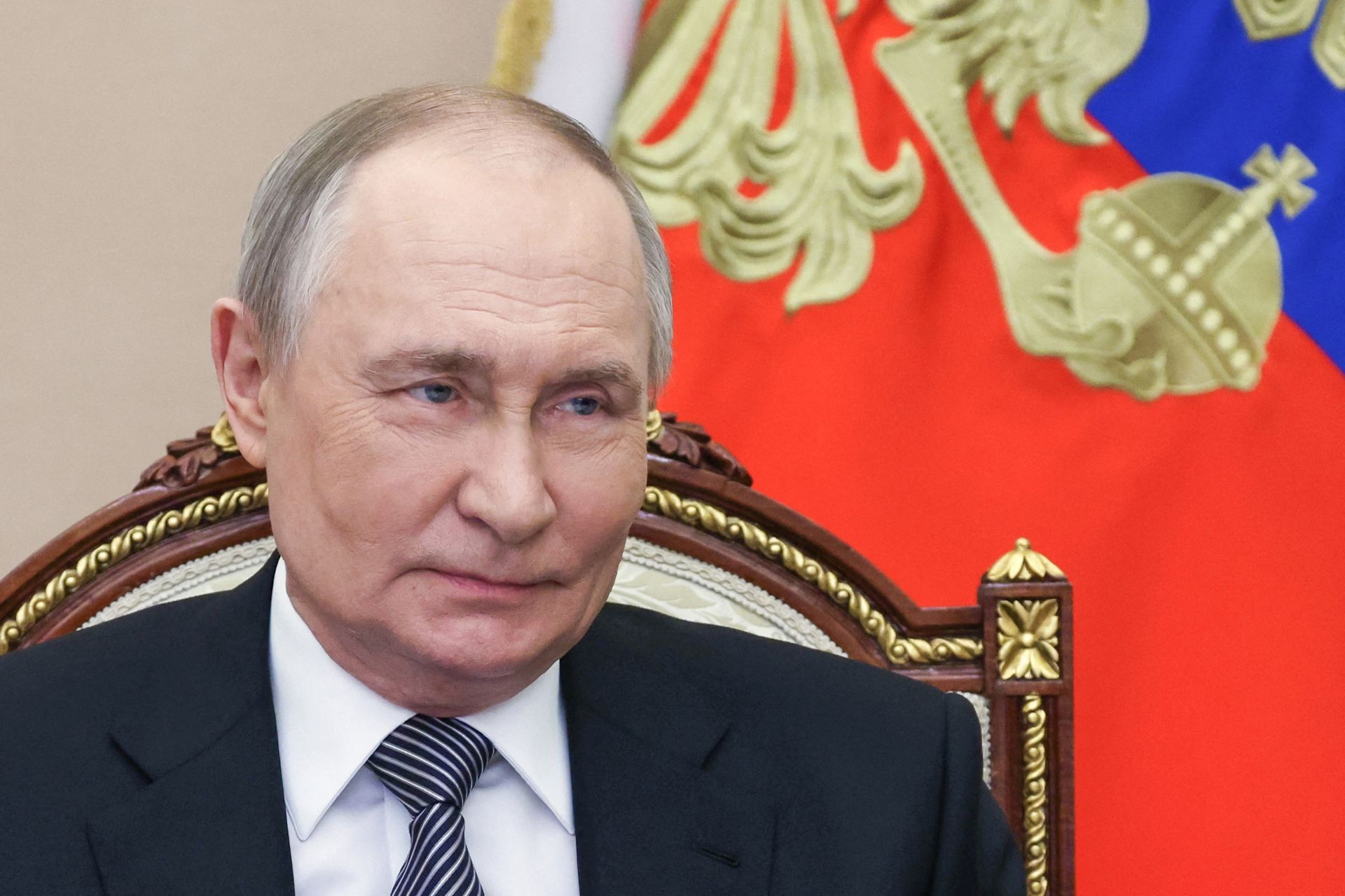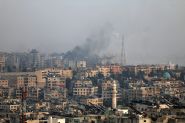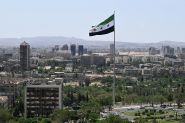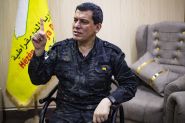- Home
- Middle East
- Ukraine-Russia Peace Talks in Turkey: What we Know

©Genya Savilov / AFP
Ukraine and Russia on Thursday hold their first direct talks since the start of Russia's 2022 invasion.
President Volodymyr Zelensky had challenged his Russian counterpart to attend in person. But President Vladimir Putin was not on the Kremlin's delegation list.
Here's is what is known about the talks:
Who is expected to attend?
Putin proposed Russia-Ukraine talks in a Kremlin address hours after Kyiv and European countries urged Moscow to agree to a full and unconditional 30-day ceasefire starting Monday.
After Putin's address, Zelensky said he would be willing to meet Putin in Turkey.
But the Kremlin late Wednesday published its representatives, led by hawkish former culture minister Vladimir Medinsky, who took part in failed 2022 talks.
The Kremlin had for several days declined to say who would go to Istanbul.
Brazil's President Luiz Inacio Lula da Silva, who has been critical of Western support for Ukraine, urged Putin to attend the negotiations.
US President Donald Trump had said he "believes both leaders will be there" and floated the idea that he may join the talks too.
Trump's Secretary of State Marco Rubio will be in Istanbul on Friday, according to a US official -- raising uncertainty over when the talks will take place.
Why Turkey?
Turkish President Recep Tayyip Erdogan said a "historic turning point" has been reached in efforts to end the war and his country was ready to host talks.
NATO member Turkey has sought to maintain good relations with both of its Black Sea neighbours since the Russian invasion began and has twice hosted talks on the war.
Representatives for Moscow and Kyiv discussed an outline to end the war in Istanbul in March 2022.
But those talks broke down following Russia's retreat from the Kyiv suburb of Bucha, where hundreds of civilians were found dead following a month-long occupation by Russian forces.
Contact between the warring sides has been limited since and mainly dedicated to humanitarian issues such as prisoner exchanges and the repatriation of soldiers' remains.
Where do the two parties stand?
The fundamental differences between Kyiv and Moscow are far from being resolved.
Russia insists the talks address what it calls the "root causes" of the conflict, including the "denazification" and demilitarisation of Ukraine, two vague terms Moscow has used to justify the invasion.
It has also repeated that Ukraine must cede its territory occupied by Russian troops.
Kyiv said it won't recognise its territories as Russian -- though Zelensky has acknowledged that Ukraine might only get them back through diplomatic means.
The two warring parties are struggling to agree even on a ceasefire.
Ukraine agreed last month to the US proposal of an unconditional ceasefire, which Zelensky said was a prerequisite for negotiations.
But Putin, whose troops have the momentum in parts of the frontline, rejected the proposal.
What's next?
Zelensky said in Kyiv that the West should impose massive sanctions if Putin skips the meeting.
He also said he would decide on Kyiv's next "steps" depending on who Russia sends.
French President Emmanuel Macron and German Chancellor Friedrich Merz have warned of new sweeping sanctions against Russia if no substantial progress is reached in Turkey this week.
The EU on Wednesday approved a fresh package of sanctions on Russia, which is already subject to over 20,000 restrictive measures, clamping down on its "shadow" oil fleet.
In March, Trump threatened to impose tariffs on the vital Russian oil industry as the country's economy is strained by high military expenditures for the war.
US Senator Lindsay Graham had advocated a 500 percent tariff on imports from countries that continue buying Russian oil, gas and uranium.
With AFP
Read more



Comments